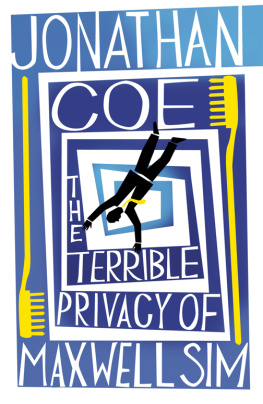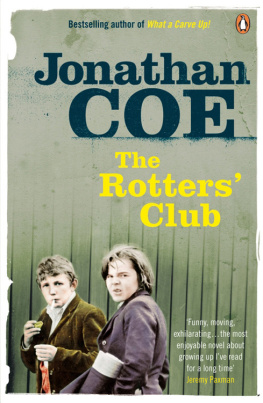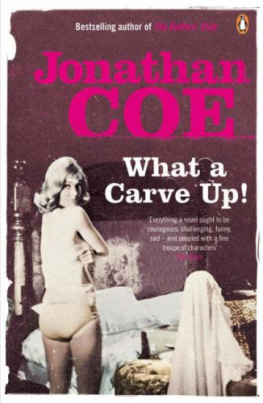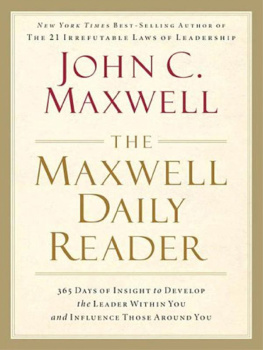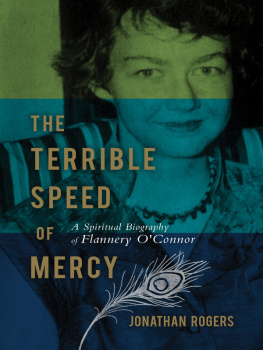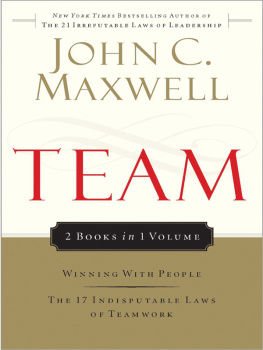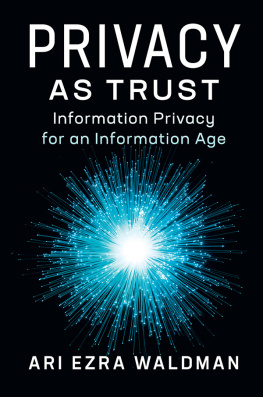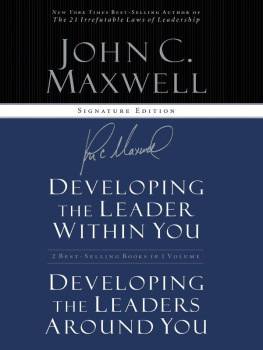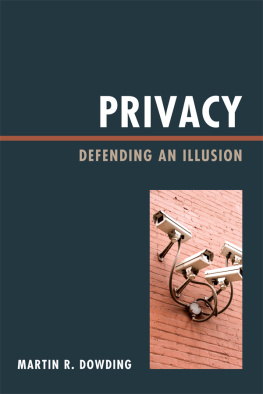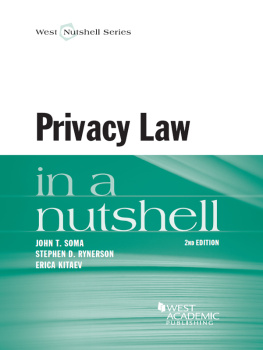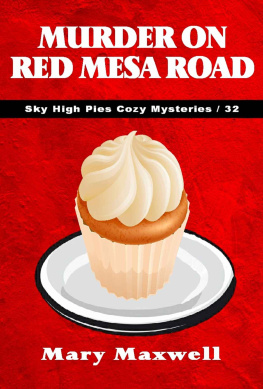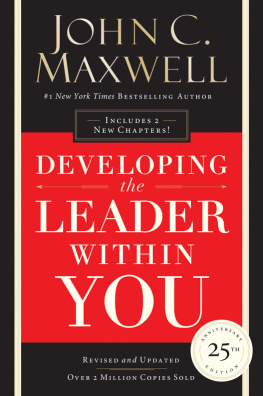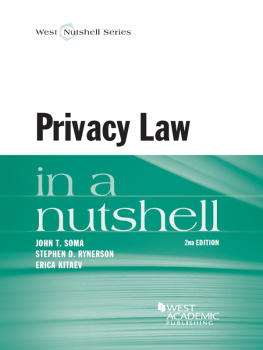Jonathan Coe - The Terrible Privacy of Maxwell Sim
Here you can read online Jonathan Coe - The Terrible Privacy of Maxwell Sim full text of the book (entire story) in english for free. Download pdf and epub, get meaning, cover and reviews about this ebook. year: 2010, publisher: Knopf, genre: Detective and thriller. Description of the work, (preface) as well as reviews are available. Best literature library LitArk.com created for fans of good reading and offers a wide selection of genres:
Romance novel
Science fiction
Adventure
Detective
Science
History
Home and family
Prose
Art
Politics
Computer
Non-fiction
Religion
Business
Children
Humor
Choose a favorite category and find really read worthwhile books. Enjoy immersion in the world of imagination, feel the emotions of the characters or learn something new for yourself, make an fascinating discovery.
- Book:The Terrible Privacy of Maxwell Sim
- Author:
- Publisher:Knopf
- Genre:
- Year:2010
- Rating:5 / 5
- Favourites:Add to favourites
- Your mark:
- 100
- 1
- 2
- 3
- 4
- 5
The Terrible Privacy of Maxwell Sim: summary, description and annotation
We offer to read an annotation, description, summary or preface (depends on what the author of the book "The Terrible Privacy of Maxwell Sim" wrote himself). If you haven't found the necessary information about the book — write in the comments, we will try to find it.
The Terrible Privacy of Maxwell Sim — read online for free the complete book (whole text) full work
Below is the text of the book, divided by pages. System saving the place of the last page read, allows you to conveniently read the book "The Terrible Privacy of Maxwell Sim" online for free, without having to search again every time where you left off. Put a bookmark, and you can go to the page where you finished reading at any time.
Font size:
Interval:
Bookmark:
By the same author
The Accidental Woman
A Touch of Love
The Dwarves of Death
What a Carve Up!
The House of Sleep
The Rotters Club
The Closed Circle
The Rain Before It Falls
The Terrible Privacy of
Maxwell Sim
J ONATHAN COE
VIKING
an imprint of
PENGUIN BOOKS
VIKING
Published by the Penguin Group
Penguin Books Ltd, 80 Strand, London WC2R 0RL, England
Penguin Group (USA) Inc., 375 Hudson Street, New York, New York 10014, USA
Penguin Group (Canada), 90 Eglinton Avenue East, Suite 700, Toronto, Ontario, Canada M4P 2Y3 (a division of Pearson Penguin Canada Inc.)
Penguin Ireland, 25 St Stephens Green, Dublin 2, Ireland (a division of Penguin Books Ltd)
Penguin Group (Australia), 250 Camberwell Road, Camberwell, Victoria 3124, Australia (a division of Pearson Australia Group Pty Ltd)
Penguin Books India Pvt Ltd, 11 Community Centre, Panchsheel Park, New Delhi 110 017, India
Penguin Group (NZ), 67 Apollo Drive, Rosedale, North Shore 0632, New Zealand (a division of Pearson New Zealand Ltd)
Penguin Books (South Africa) (Pty) Ltd, 24 Sturdee Avenue, Rosebank, Johannesburg 2196, South Africa
Penguin Books Ltd, Registered Offices: 80 Strand, London WC2R 0RL, England
www.penguin.com
First published 2010
Copyright Jonathan Coe, 2010
The moral right of the author has been asserted
The Strange Voyage of Donald Crowhurst by Nicholas Tomalin and Ron Hall: copyright 1970, Nicholas Tomalin and Ron Hall, reproduced by kind permission of Hodder and Stoughton Limited.
Every effort has been made to trace copyright holders and to obtain their permission for the use of copyright material. The publisher apologizes for any errors or omissions and would be grateful to be notified of any corrections that should be incorporated in future editions of this book.
All rights reserved
Without limiting the rights under copyright reserved above, no part of this publication may be reproduced, stored in or introduced into a retrieval system, or transmitted, in any form or by any means (electronic, mechanical, photocopying, recording or otherwise), without the prior written permission of both the copyright owner and the above publisher of this book
A CIP catalogue record for this book is available from the British Library
ISBN: 978-0-670-91894-2
Man is a lever whose ultimate length and strength he must determine for himself.
Donald Crowhurst, quoted in The Strange Voyage of Donald Crowhurst , by Nicholas Tomalin and Ron Hall
Geography no longer matters because there is no near or far, the monetary sheath enclosing the globe has destroyed the geography of distances.
Alasdair Gray, 1982, Janine
One day I will die, and on my grave it will say, Here lies Reginald Iolanthe Perrin; he didnt know the names of the flowers and the trees, but he knew the rhubarb crumble sales for Schleswig-Holstein.
David Nobbs, The Fall and Rise of Reginald Perrin
Through words, she offers us her shaming revelations.
Through words, she gives us her terrible privacy.
James Wood, writing about Toni Morrison in the Guardian , 18 April 1992
Contents
SydneyWatford
When I saw the Chinese woman and her daughter playing cards together at their restaurant table, the water and the lights of Sydney harbour shimmering behind them, it set me thinking about Stuart, and the reason he had to give up driving his car.
I was going to say my friend Stuart, but I suppose hes not a friend any more. I seem to have lost a number of friends in the last few years. I dont mean that Ive fallen out with them, in any dramatic way. Weve just decided not to stay in touch. And thats what its been: a decision, a conscious decision, because its not difficult to stay in touch with people nowadays, there are so many different ways of doing it. But as you get older, I think that some friendships start to feel increasingly redundant. You just find yourself asking, Whats the point? And then you stop.
Anyway, about Stuart and his driving. He had to stop because of the panic attacks. He was a good driver, a careful and conscientious driver, and he had never been involved in an accident. But occasionally, when he got behind the wheel of a car, he would experience these panic attacks, and after a while they started to get worse, and they started to happen more often. I can remember when he first started telling me about all this: it was lunchtime and we were in the canteen of the department store in Ealing, where we worked together for a year or two. I dont think I can have listened very carefully, though, because Caroline was sitting at the same table, and things between us were just starting to get interesting, so the last thing I wanted to hear about was Stuart and his neuroses about driving. That must be why I never really thought about it again until years later, at the restaurant on Sydney harbour, when it all came back. His problem, as far as I can remember, was this. Whereas most people, as they watched the coming and going of cars on a busy road, would see a normal, properly functioning traffic system, Stuart could only perceive it as an endless succession of narrowly averted accidents. He saw cars hurtling towards each other at considerable speeds, and missing each other by inches time and time again, every few seconds, repeated constantly throughout the day. All those cars, he said to me, only just managing not to crash into each other. How can people stand it? In the end it became too much for him to contemplate, and he had to stop driving.
Why had this conversation just come back to me, tonight of all nights? It was 14 February 2009. The second Saturday in February. Valentines Day, in case you hadnt noticed. The water and the lights of Sydney harbour were shimmering behind me, and I was dining alone since my father had, for various weird reasons of his own, refused to come out with me, even though this was my last evening in Australia, and the only reason for me visiting Australia in the first place had been to see him and try to rebuild my relationship with him. Right now, in fact, I was probably feeling more alone than I had ever felt in my life, and what really brought it home to me was the sight of the Chinese woman and her daughter playing cards together at their restaurant table. They looked so happy in each others company. There was such a connection between them. They werent talking very much, and when they did talk, it was about their card game, as far as I could tell, but that didnt matter. It was all in their eyes, their smiles, the way they kept laughing, the way they kept leaning in to each other. By comparison, none of the diners at the other tables seemed to be having any fun. Sure, they were all laughing and talking too. But they didnt seem to be entirely absorbed in each other, the way the Chinese woman and her daughter did. There was a couple sitting opposite me, out on a Valentines Day date by the looks of it: he kept checking his watch, she kept checking her mobile for text messages. Behind me there was a family of four: the two little boys were playing on their Nintendo DSs, and the husband and wife hadnt spoken to each other for about ten minutes. To the left of me, slightly blocking my view of the waterfront, was a group of six friends: two of them were involved in this big argument which had started out as a discussion of global warming, and now seemed to have more to do with economics; neither of them was giving any ground, while the other four sat there in bored silence, looking on. An elderly couple on the other side of me had chosen to sit side by side at their table, rather than opposite each other, so that they could both look at the view instead of talking. None of this depressed me, exactly. I dare say that all of these people would go home thinking that theyd had a perfectly enjoyable night out. But it was only the Chinese woman and her daughter that I really envied. It was clear that they had something precious: something that I wanted badly. Something that I wanted to share in.
Next pageFont size:
Interval:
Bookmark:
Similar books «The Terrible Privacy of Maxwell Sim»
Look at similar books to The Terrible Privacy of Maxwell Sim. We have selected literature similar in name and meaning in the hope of providing readers with more options to find new, interesting, not yet read works.
Discussion, reviews of the book The Terrible Privacy of Maxwell Sim and just readers' own opinions. Leave your comments, write what you think about the work, its meaning or the main characters. Specify what exactly you liked and what you didn't like, and why you think so.

